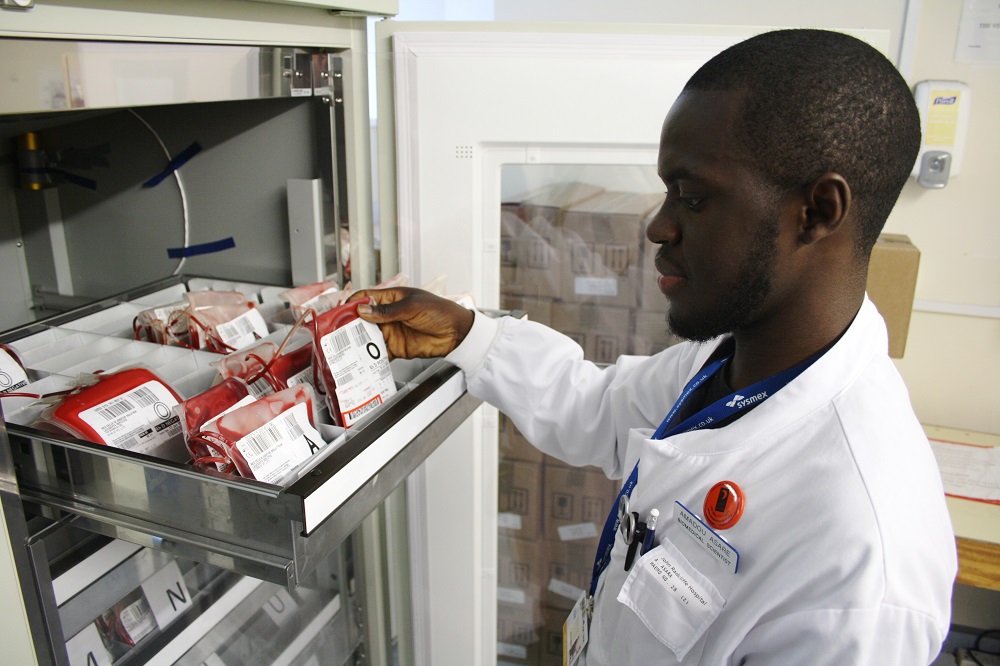Projects supported by the NIHR Oxford Biomedical Research Centre have helped the county’s hospital authority scoop a top award for using digital technology to improve patient care.
Oxford University Hospitals NHS Foundation Trust (OUH) won the Digital Hospital of the Year award in the E-Health Insider Awards 2015 on October 1, from a shortlist of five.
The Trust has a long history of innovation and clinical excellence and has taken a big step towards establishing fully digital hospitals.
Projects highlighted by OUH to the judges includes the BRC supported SEND project, where patient observations are recorded on a tablet computer instead of a bedside chart.
This links to the electronic patient record (EPR) system which records 1.2 million transactions per day across the Trust, which manages hospitals including the John Radcliffe and Churchill.
The EPR system provides patients’ medical history and care requirements across the Trust.
The award also recognised the impact of the BRC-supported Real-Time Blood Transfusion Data and Decision Support project.
This uses barcode patient identification and handheld computers at the bedside to prompt staff through every step of the blood ordering process and verify the correct blood is transfused.
It means the entire process – also integrated with EPR – is paperless, a first in the UK and saves the Trust £500,000 a year.
Other BRC-backed projects honoured by the award include a smartphone app to manage diabetes in pregnant women.
The GDm-health programme involves women using a Bluetooth enabled blood glucose meter to send information to health professionals via a secure website with any additional comments.
The app also gives information to the patient about their blood glucose levels and allows them to communicate with health professionals about their care.
The award was for a wealth of digital initiatives across the Trust.
The Trust now administers more than 20,000 drugs daily using electronic prescribing and medicines administration (ePMA).
Staff are able to administer medication just as quickly on the system as they previously would have on paper. Medicine requests are made via computer at the patients’ bedside and are sent to the pharmacy to be automatically selected and labelled.
Over the past few years, the Trust has implemented the electronic system Millennium to store and manage patient information. Clinical staff can now order diagnostic tests and view results electronically. Patient admissions, discharges and transfers are also being managed in this paperless way, helping to improve accurate recording.
Dr Paul Altmann, Oxford University Hospitals NHS Foundation Trust Chief Clinical Information Officer, said: “Being awarded Digital Hospital of the Year is recognition of all the hard work that has been going on across the Trust. We implemented a number of solutions over the past few years to improve our digital strategy, including plans to take paper out of the system, improve clinical decision support and make use of the rich sources of information to further transform care.
“We have advanced plans to continue to innovate and deliver a digital platform to be used to improve clinical performance, change models of care and manage care in ways which are not possible on paper.”
The awards are the UK’s only dedicated healthcare IT award scheme and offer 12 categories, including digital NHS trust and health board of the year.
